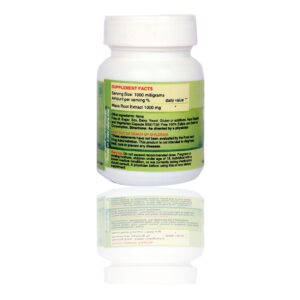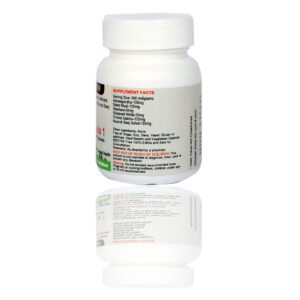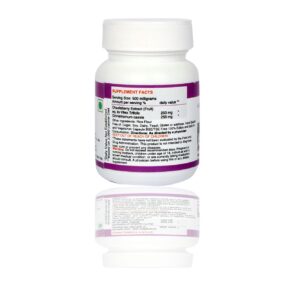FSH, LH, Prolactin, and TSH
; are the four key reproductive hormones which play an important role in reproduction. These tests are done to analyze any hormonal changes which may cause infertility.
FSH is a hormone that stimulates the development of the follicle (egg) in the ovaries. It is measured by taking a blood test usually on day 2 or day 3 of your menstrual cycle (day 1 is the first day of your full menstrual flow). An elevated FSH (greater than 10) can be an early indication of decreased fertility.
Small amounts of prolactin normally circulate in the blood of nonpregnant, nonlactating women. Too much prolactin (hyperprolactinemia) can cause irregular periods and trouble ovulating and/or getting pregnant.
Luteinizing hormone (LH) is an important hormone both men and women produce. This hormone is known as a gonadotropin, and it affects the sex organs in both men and women. For women, it affects ovaries, and in men, it affects the testes. LH plays a role in puberty, menstruation, and fertility.
Progesterone
Progesterone is a hormone made in the ovaries after ovulation and is responsible for maintaining the lining of the uterus, where the fertilized egg must attach to grow. Progesterone is measured with a blood test during the second part of your menstrual cycle, usually a week after ovulation (around day 21, day 22, or day 23). Should see a rise in your progesterone level (greater than or equal to 10 ng/mL).
Anti Mullerian Hormone (AMH)
An AMH test is often used to check a woman’s ability to produce eggs that can be fertilized for pregnancy. A woman’s ovaries can make thousands of eggs during her childbearing years. The number declines as a woman gets older. AMH levels help show how many potential egg cells a woman has left. This is known as the ovarian reserve. If a woman’s ovarian reserve is high, she may have a better chance of getting pregnant.
Androstenedione (A4)
If you are having trouble conceiving and have irregular menstrual cycles, test to check your androgen levels to see if you have a condition called polycystic ovarian syndrome (PCOS), which is the most common infertility-related diagnosis that is associated with excess androgen levels, and is a common cause of infertility
DHEA-S
; is one of the primary hormones in the body and serves as a precursor to testosterone and estradiol. Low levels of DHEA-S can lead to lower estrogen levels and changes in the immune system. High levels of DHEA-S are often associated with higher insulin levels, higher testosterone levels, and PCOS.









